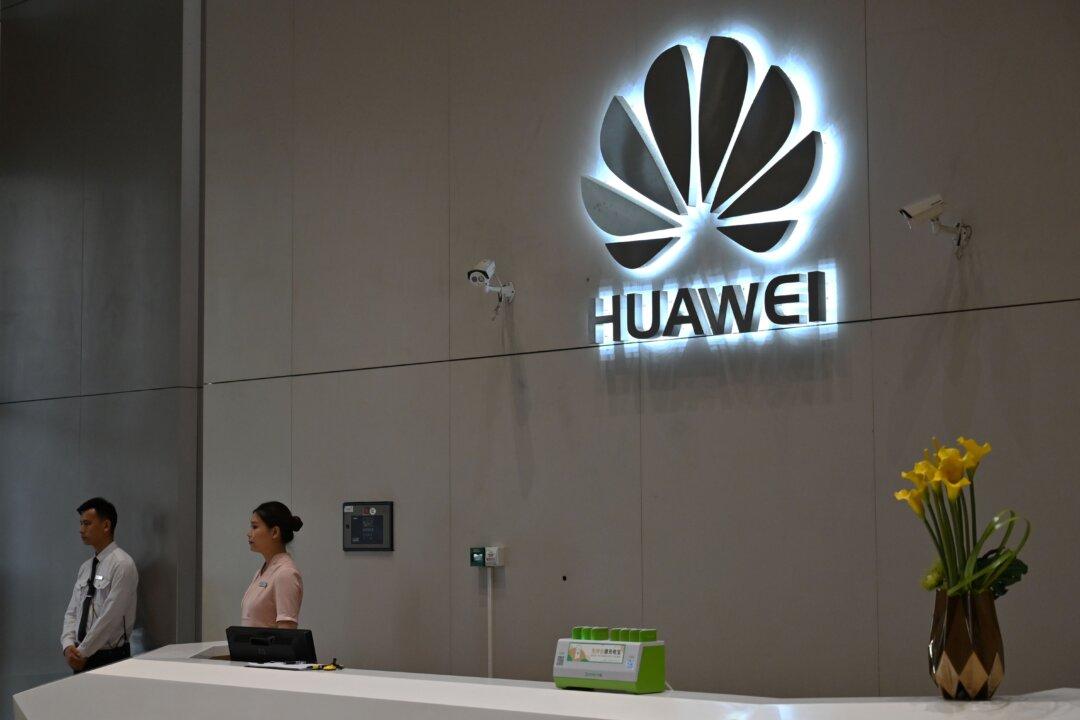U.S. prosecutorial evidence used to charge Chinese telecom giant Huawei and its CFO Meng Wanzhou in the federal case accusing them of violating U.S. sanctions on Iran may never be shown to the company because they are deemed too sensitive.
After interviewing federal prosecutors involved in the case, Bloomberg reported on June 19 that Huawei’s U.S. lawyers would only be able to review certain court evidence under supervision due to national security concerns.





